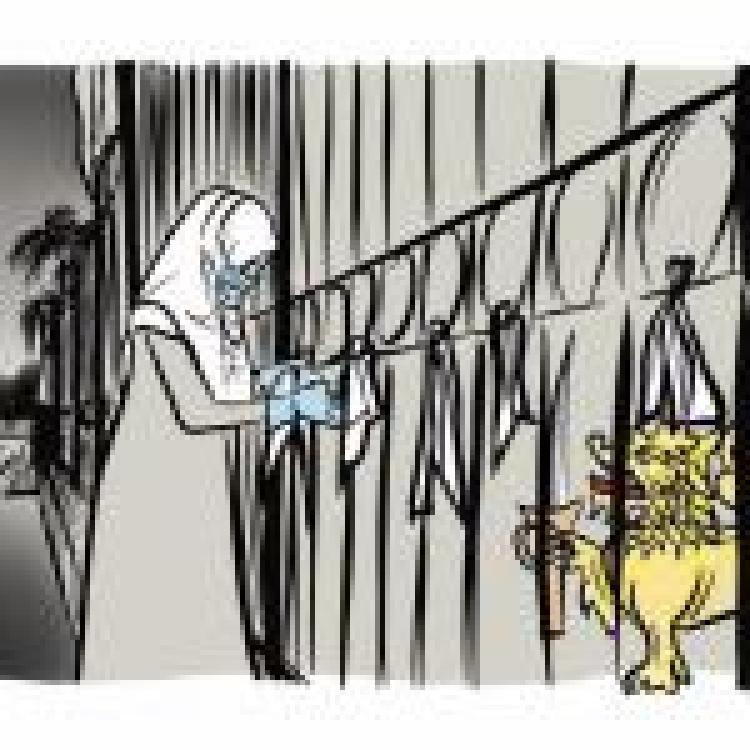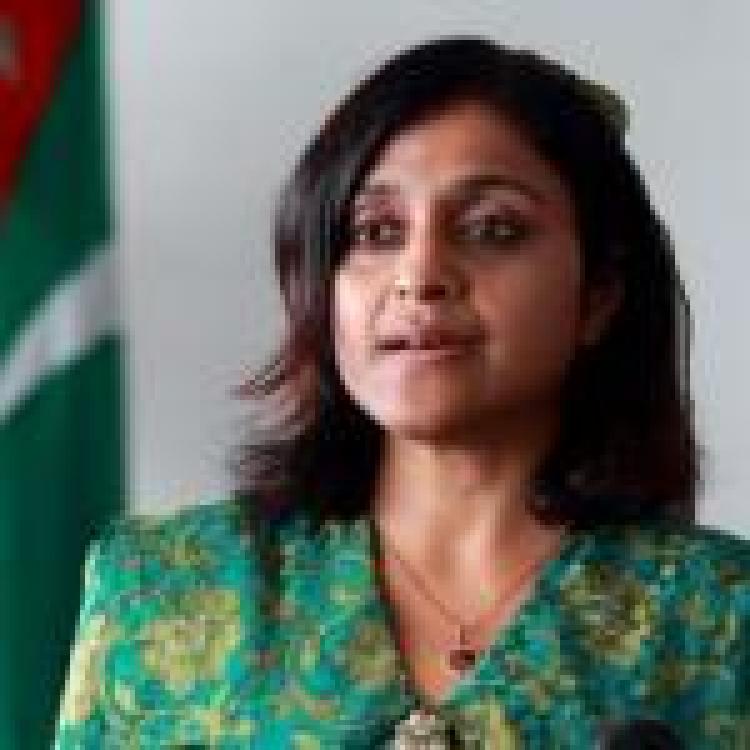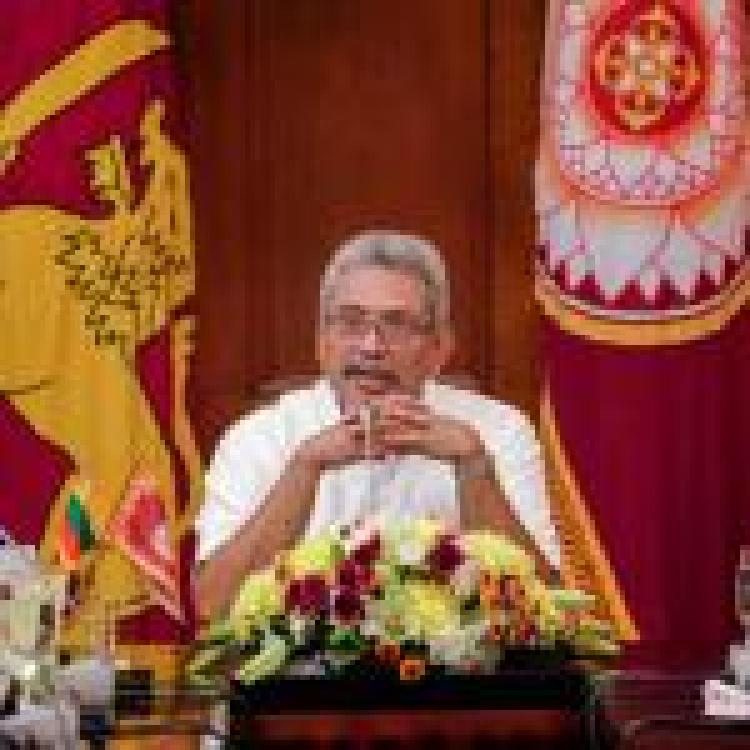Following growing domestic and international condemnation of the Sri Lankan government’s decision to forcibly cremate Muslim victims of the COVID-19 pandemic, the Tamil Civil Society Forum (TCSF) demanded the government to “immediately halt this cruelty” and emphasised that “the numerically smaller communities of this country for far too long have been treated as second or third class citizens”.
In a statement released last week, the TCSF stated it “condemns the Government of Sri Lanka most vehemently for denying Muslim families their right to bury their loved one who died owing to COVID-19.”
The statement highlighted the World Health Organisation (WHO) guidelines state that there is no risk with burying someone who has died from COVID-19 and that “cremation is matter of cultural choice and available resources”.
TCSF questioned the legitimacy of the anonymous expert committee report the Sri Lankan government has used to declare that burials are not safe against WHO guidelines stating, “we wonder who these experts are and what scientific evidence they are relying on in making such recommendations.”
In response to the news that a 20 year old baby was cremated against the wish of her parents, TCSF described the news as a “terrible reminder of the extent of the ugliness of majoritarianism” and that the government’s proposition to bury Muslim COVID-19 victims in Maldives “is a new low”.
TCSF urged the Sri Lankan Government to “immediately halt this cruelty and for all those involved in cremating those who died of COVID19 without the consent of their loved ones to act according to their conscience and in defiance of this abject immorality.”
Along with Tamil organisations, the Tamil community and numerous Tamil politicians have displayed ardent solidarity with the Muslim community through multiple means including protests and public condemnations over the past few weeks, as pressure mounts on the government.
Read the full statement here.




